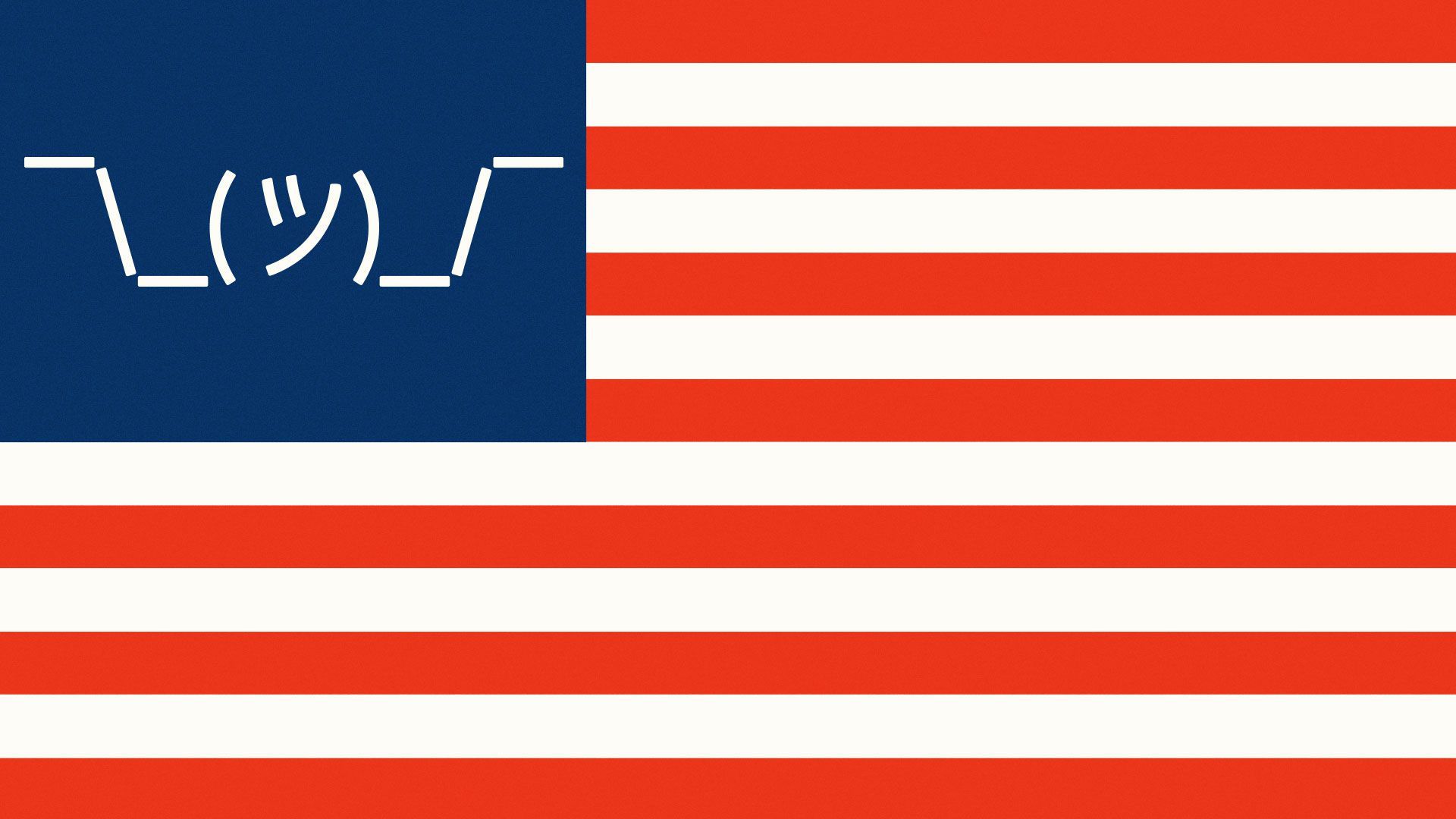| The headaches facing the tech industry's giants won't change much whether Donald Trump remains in the White House or Joe Biden takes his place, Axios' Scott Rosenberg reports. The big picture: Individuals in tech are as passionate and biting their fingernails about Tuesday's election as any other Americans. But the path ahead for the massive companies that have seized the industry's reins over the past decade will only alter incrementally based on the polls' outcome. The marketStock prices are the tech industry's rocket fuel: They turn founders into billionaires, keep stock-option-endowed employees happy, and pay off early investors who can then fund the next round of startups. Stocks have soared under President Trump, continuing a long boom that began under his predecessor, and tech has led the market. But most experts give credit for the irrepressible rise in equity prices to the Federal Reserve, whose no-interest stance has driven investors into stocks and shows no sign of changing. The bottom line: Business traditionally fears interest rates, and inflation, will rise under freer-spending Democratic administrations. But Trump's deficit-friendly term scrambled those expectations. Inflation is nowhere in sight. Whoever wins, the Fed will keep refilling tech's punch bowl. RegulationTrump's term saw a dramatic shift toward government action against tech firms. The Justice Department has sued Google, action against Facebook by states and the Federal Trade Commission is reportedly imminent, and investigations of both Apple and Amazon remain open. - These processes are all ostensibly non-partisan and theoretically unaffected by a change in administration. But in practice, a new attorney general could soft-pedal or even scrap the Google suit.
- Democrats have their own reasons for pursuing action against the big companies — but unlike Republicans, they're less focused on claims of censorship and more on the concentration of corporate power and the spread of misinformation.
The bottom line: Whoever wins the White House, scrutiny of tech's allegedly monopolistic behavior will continue. Moderation and privacyTech companies control the hardware and software that shapes our public and private communications, and that has placed them at the center of a million controversies. - We hold them responsible when their platforms become channels for misinformation and hate speech, and we blame them when their collection of personal data becomes intrusive or harmful.
Democrats have typically been readier than Republicans to favor stricter privacy rules and tougher controls on online misinformation, and if they win the White House and Congress, they might find ways to advance legislation that has long been stalled. - But a Democratic administration would have a long list of priorities ahead of such action.
Be smart: Some tech leaders — most prominently, Facebook's Mark Zuckerberg — have practically begged the government to enact nationwide (and preferably lenient) nationwide laws on privacy and content moderation. They'd love to stop winging their way through one ethical minefield after another and just play by some standard, easy-to-follow rules. ChinaTech's prosperity is woven into the global economy. President Trump's weaponization of U.S. trade policy has disrupted, but not wrecked, the interdependence between Silicon Valley's capital and expertise and China's manufacturing might. - A second term for Trump would likely see the American tech sector continue to seek alternatives beyond China to build its products.
- A Biden win might bring more predictability and process to a realm that Trump has handled chaotically.
- But team Biden isn't pushing rapprochement, either: Democrats have argued that Trump's impulsive policy has been ineffective, and though they're less likely to pursue campaigns targeted against specific companies like TikTok, they're more likely to challenge China on human rights, Hong Kong, and free speech.
- Experts in both parties see China as a threatening U.S. rival in the era of AI, and that competition's outcome has little to do with which party controls the White House.
The bottom line: Regardless of who wins the U.S. election, tech leaders expect U.S.-China tensions to continue, since each side sees the other as a long-term existential threat — but they also hope in the short term to keep getting what they need and selling what they can. Go deeper. | 





No comments:
Post a Comment